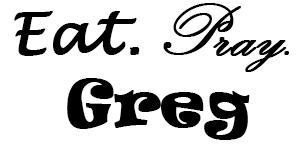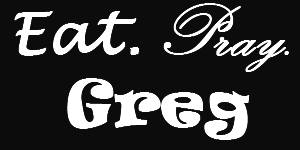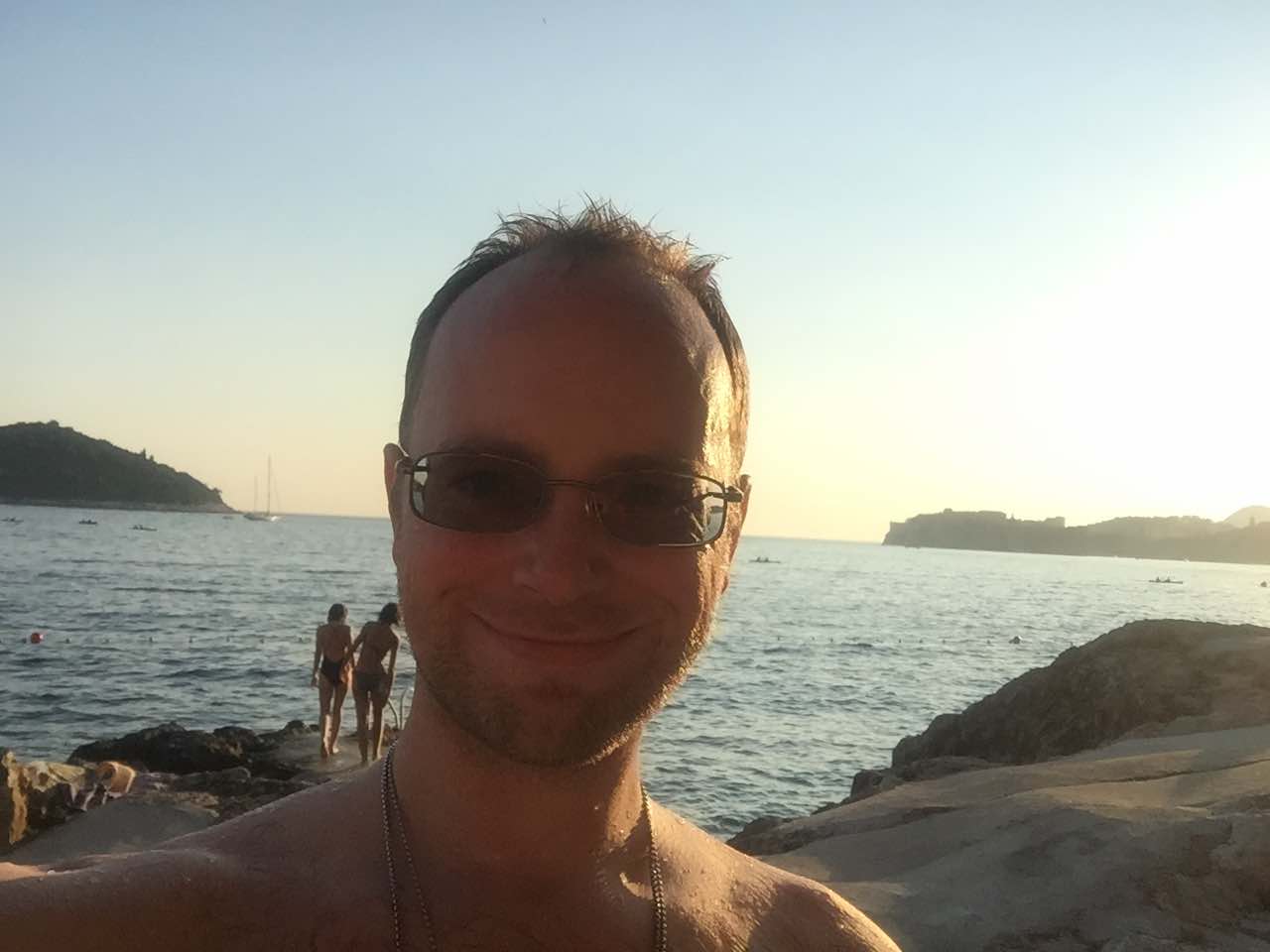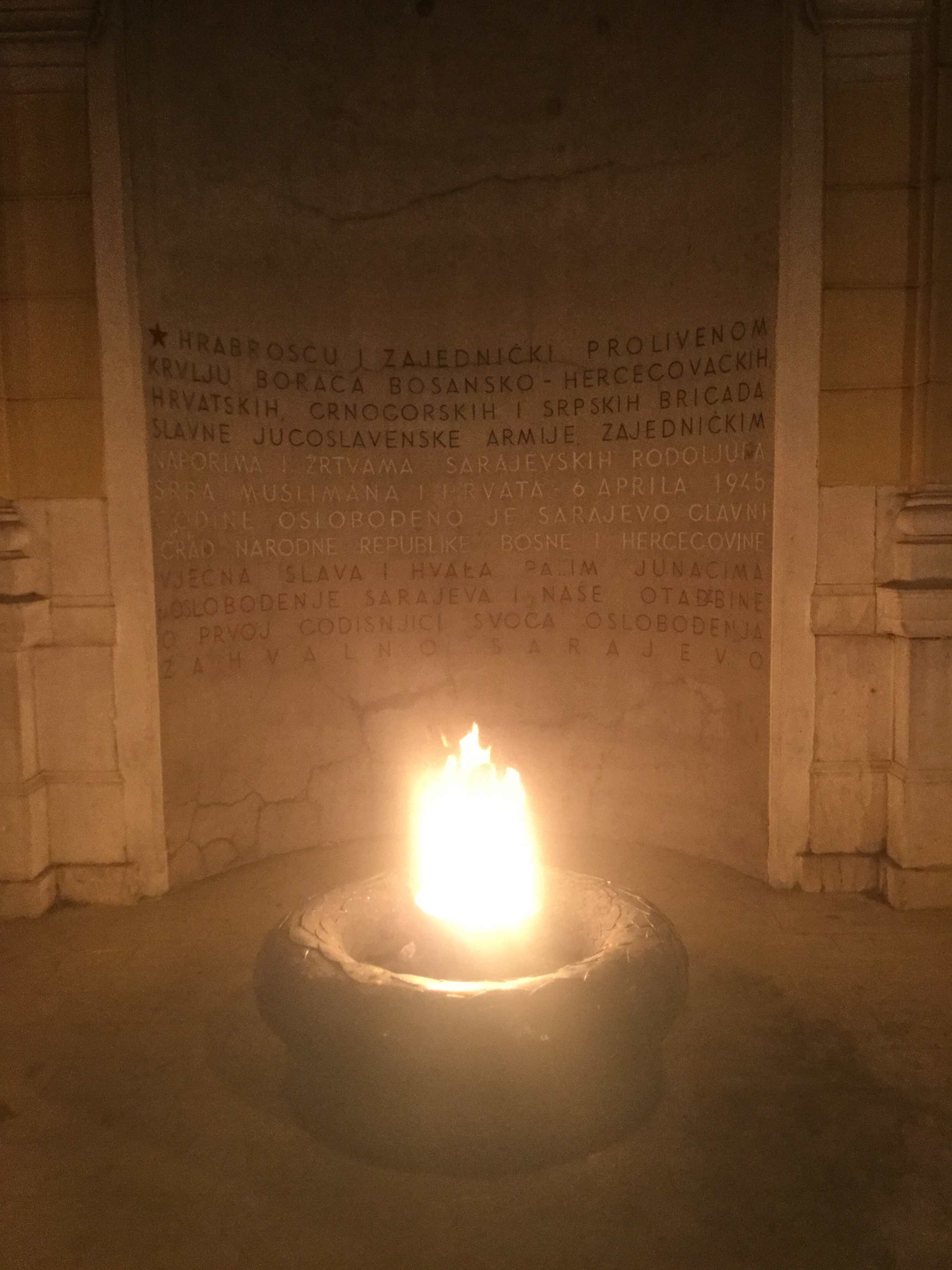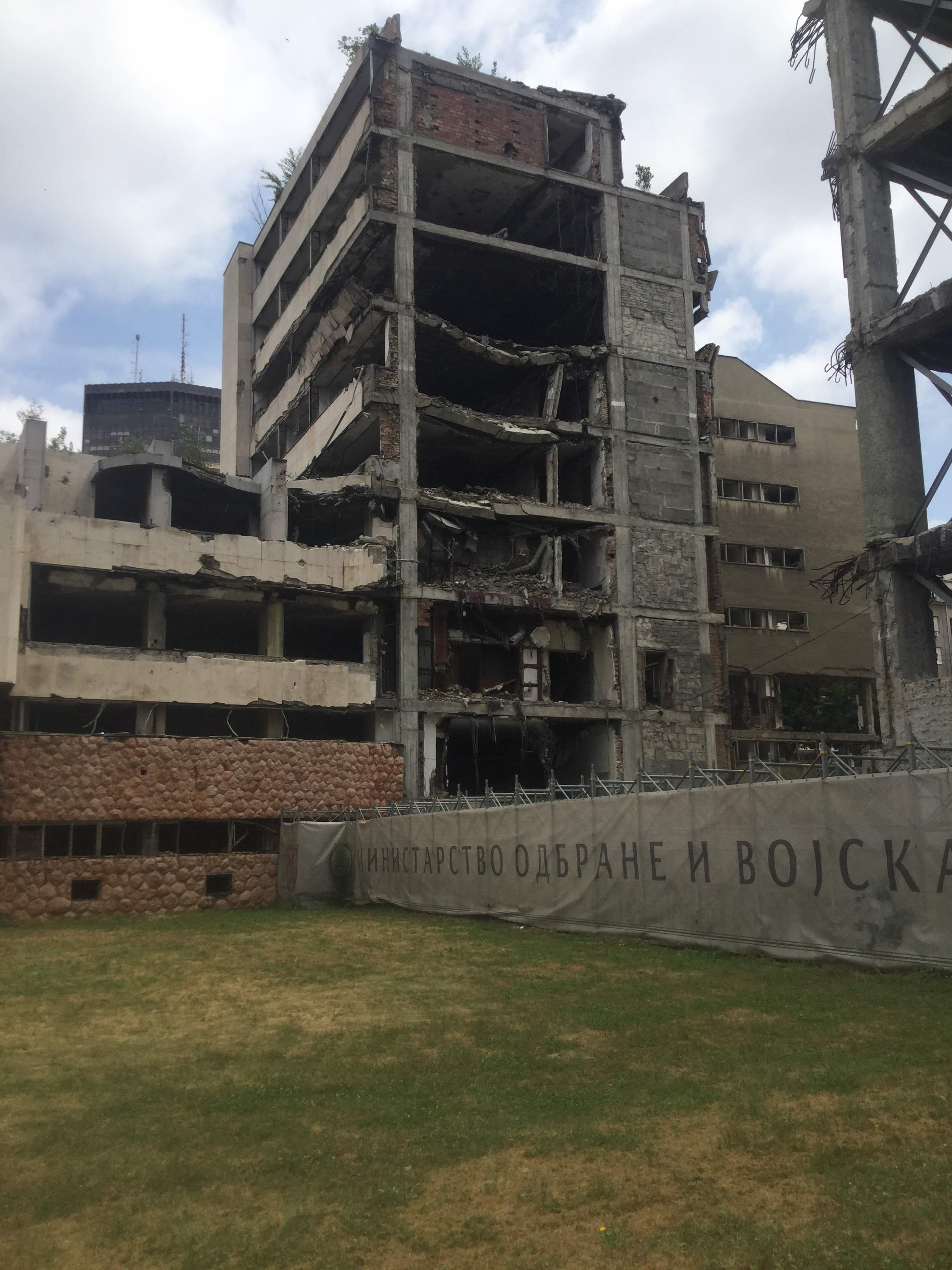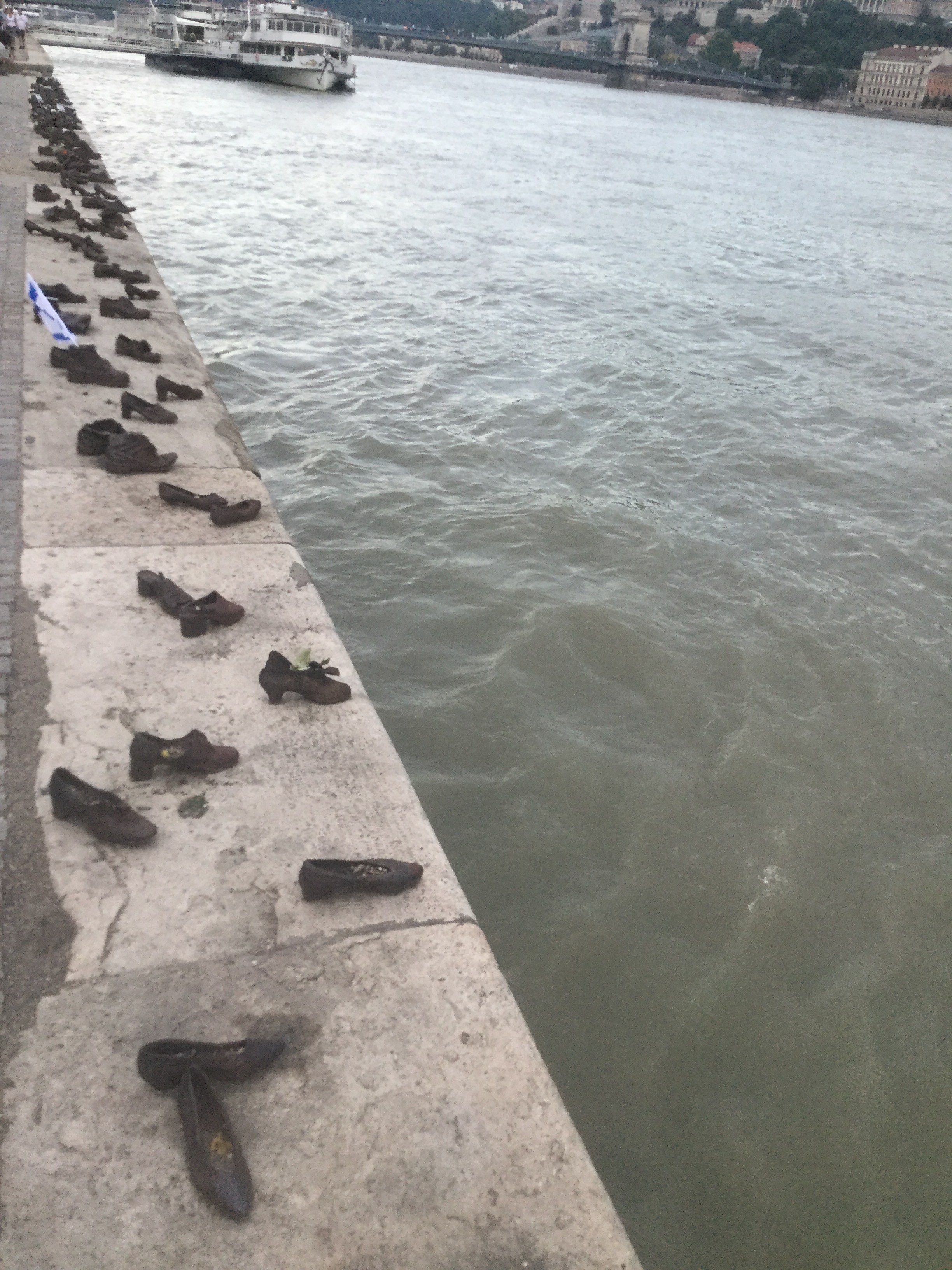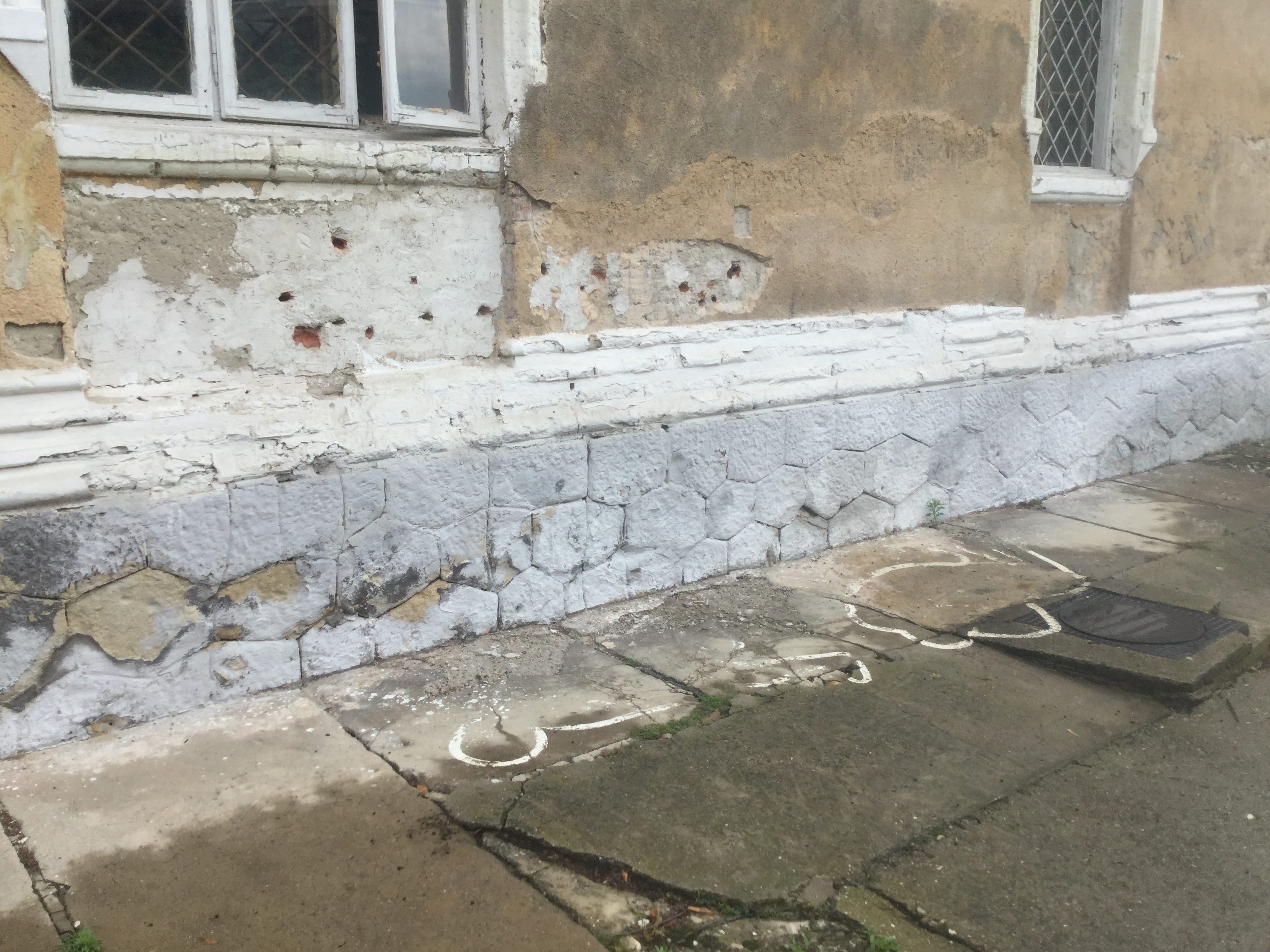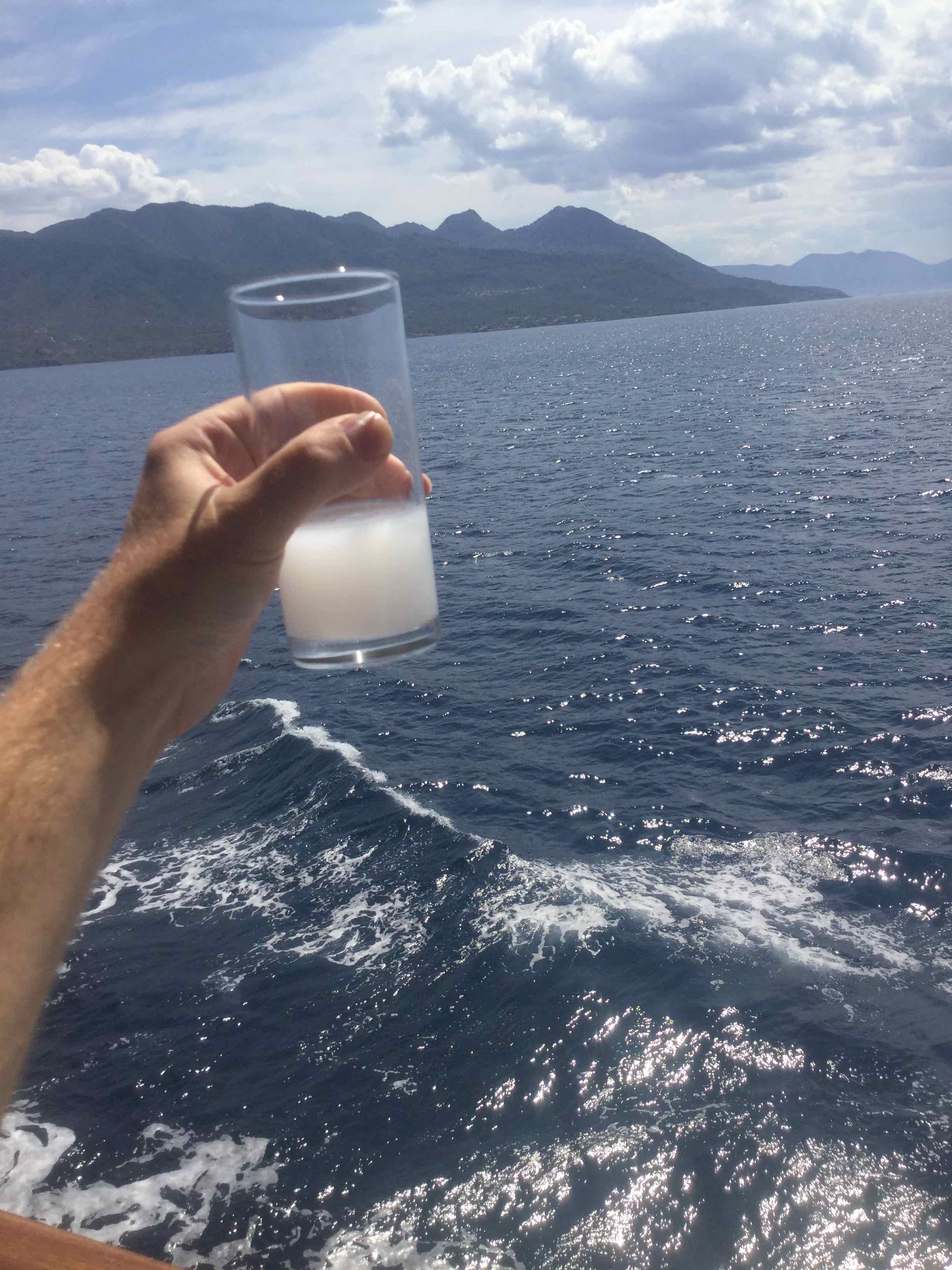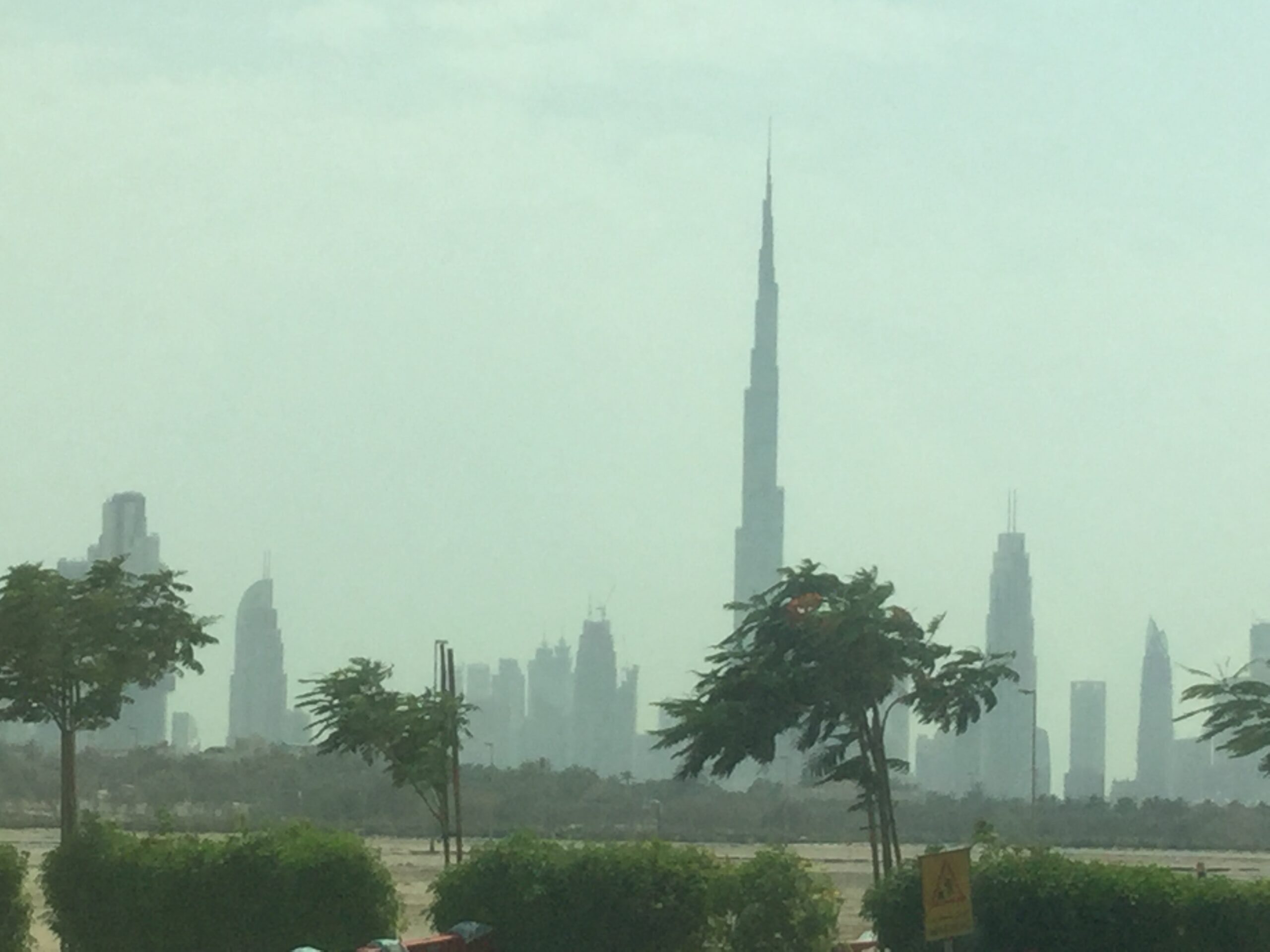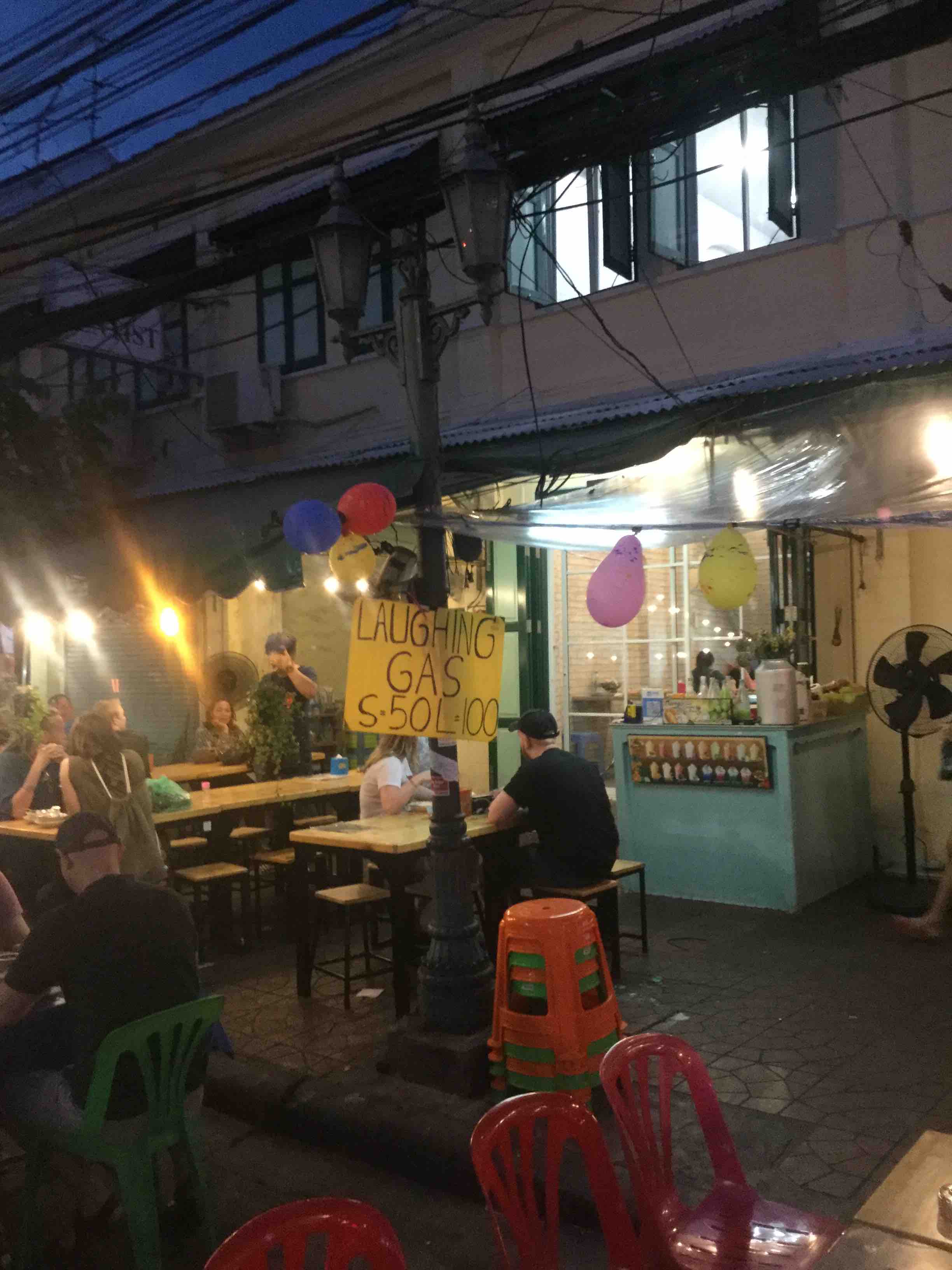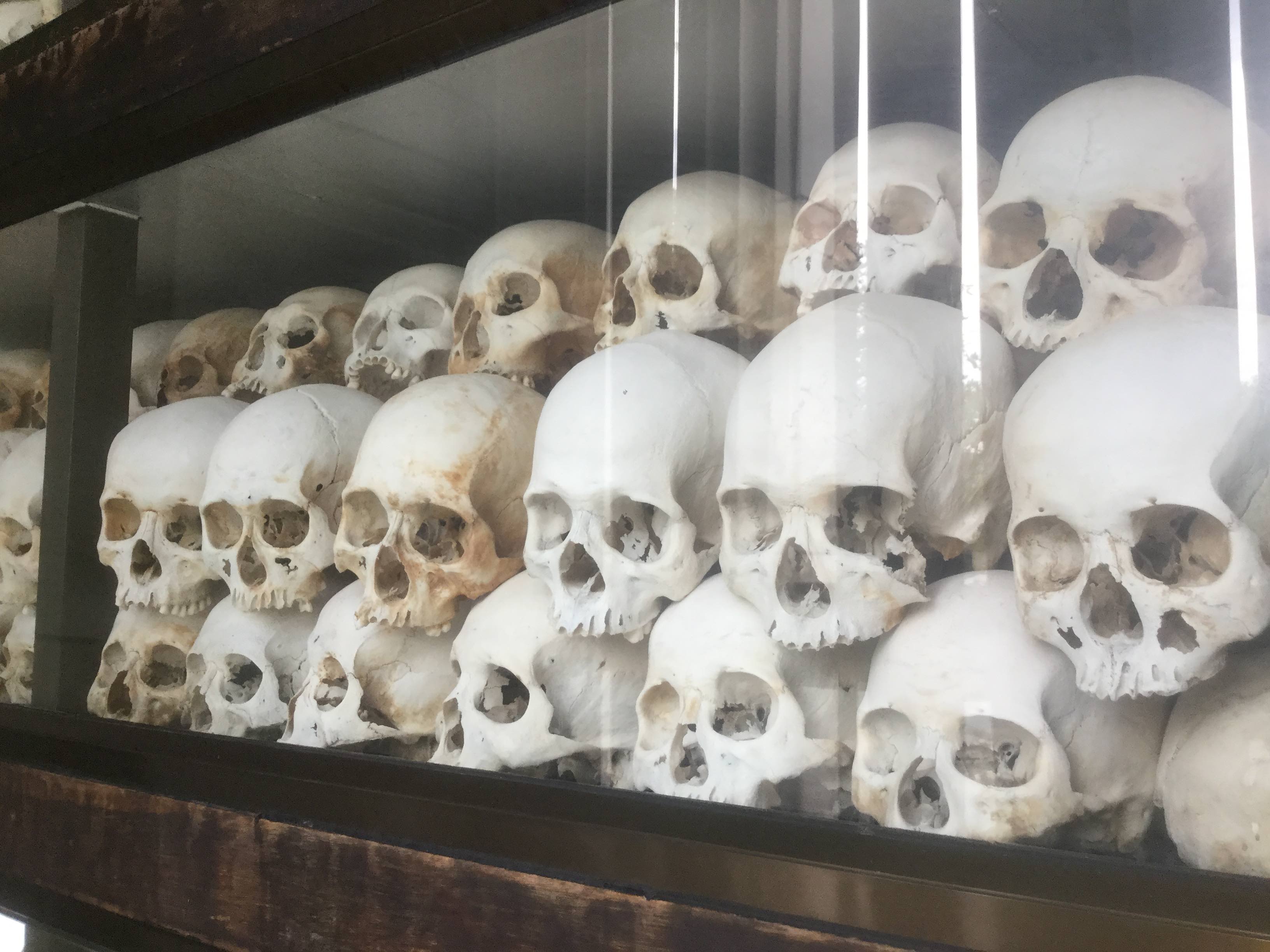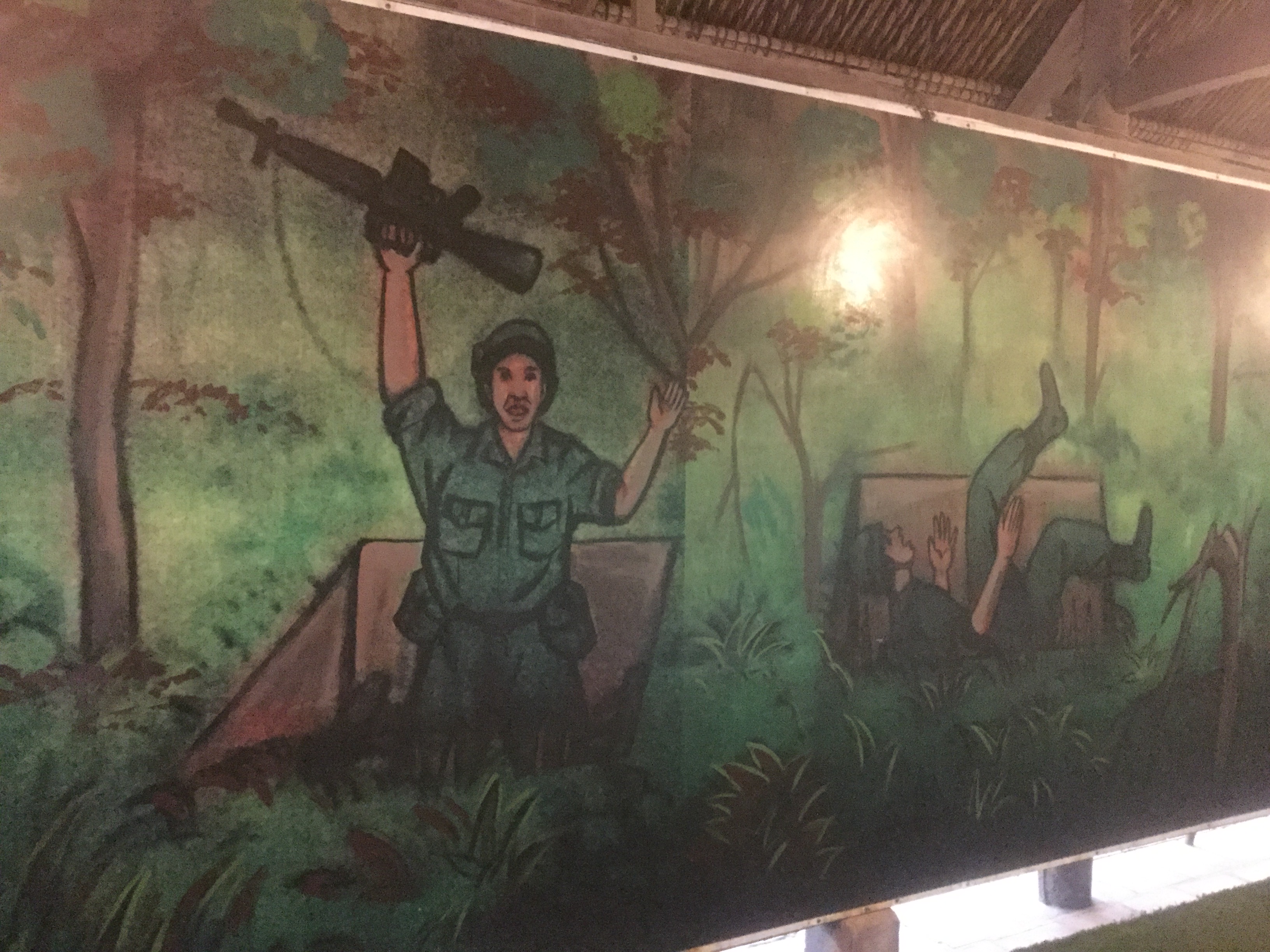The morning I left Sarajevo, my father called me to let me know my uncle was slowly, but surely, dying. He had been a high-flying lawyer in Tuscon, Arizona, actually writing the book on Class Action Lawsuits. I had always liked my uncle as he and his wife were incredibly kind to me on the hand full of occasions we met. He developed early-onset dementia in his mid-60s, to the point where his partners at the law firm he built respectfully took a vote of no confidence and asked him to retire. He was moved into a facility that my father crossed the country to help select.
My father was no stranger to death and dying. He had been a trauma surgeon for over 30 years and had seen many people, the wicked and the righteous alike, take their last breath. When he told me of what was to come, there was a shakiness in his voice that I never had heard before. This would be the first of his siblings to travel to that undiscovered country. I thought of all of it while I looked into the Miljacka River.
I boarded my bus later in the day and went to Dubrovnik. It was very different than Bosnia. While there was bloodshed in Croatia during the dissolution of Yugoslavia, the sea surrounding that town appeared to have washed it clean. There was no rumor of war in this idyllic city. Tourists from all over the world, including myself, walked upon glistening white marble within the Old Town walls, taking in the sites and enjoying our Zinfandels.
Walking to the outskirts of the city, I saw a bunch of people swimming off a rocky enclave at the bottom of a hill. I slowly traversed the steps until I was at a rock formation south of the city. Europe being Europe, there were some topless sunbathers along the crags. I took this as a cue that almost anything would go, so stripped down to my boxer shorts and went for a swim.
I entered the water via the supplied ladder and just floated there for a bit. It was hot as it was summer and I had been walking for most of the day. This beautiful, blue water was utterly and completely welcoming. It was a little cold at first, but refreshing. As I dove, I saw there was a steep drop off probably down about 20 meters. Halfway between the blue and the black, I let out a large laugh, which would just be an exhalation of bubbles. As I looked up to the world from my depths of the abyss, for the first time on my voyage, I felt a sense of euphoria. I was glad I was here, glad I was doing what I was doing, and simply glad I was alive.
I came back to the surface, let out another large laugh as I floated on my back, and regained my composure. I got out of the water, laid on a rock using my shirt for a pillow, and let the sun do its work of drying and warming me. I gathered my clothes, put on my shoes, smiled at the statuesque sunbathers that smiled back and continued my trek back to my hotel. It was some 2 miles away and 200m up a myriad of stairs, yet I did not mind as I was still full of elation of what I had just done.
I returned to my hotel, got to my room, and reconnected with the wifi. All the joy vanished. My father had written me a text message telling me my uncle was dead. For the first time in my adult life, my father did not pick up the phone when I called.
Before I began my journey, I knew that it was a possibility that something might occur like this with my immediate family. When seconds counted, I would be at least dozens of hours away if not days. But I decided I was not going to live in fear of what could happen. When I look back on it, I realize that every day we exist, we are moored to that space between the blue and black. Until one day, a day towards which we are constantly moving, we are bound no more; and may hopefully, peacefully, serenely, float away.
